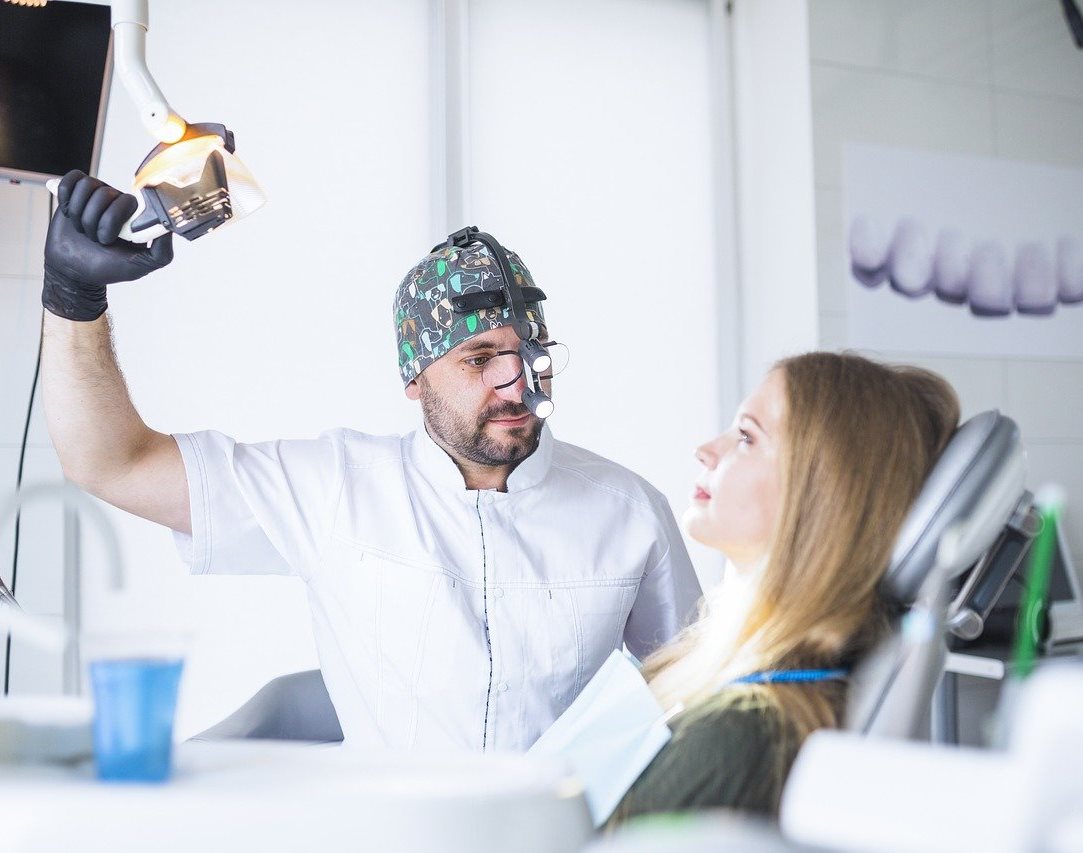Soft Tissue Surgery
Soft tissue surgery encompasses surgical procedures performed on the soft tissues of the mouth, including the gums, tongue, lips, and cheeks. The soft tissue surgery services offered at our dental clinic are designed to protect your oral health while providing both aesthetic and functional improvements.
What is Soft Tissue Surgery?
Soft tissue surgery involves surgical interventions on the soft tissues within the mouth for aesthetic or functional reasons. These procedures are performed to maintain the health of the gums and oral tissues, ensure proper appearance of the teeth, and enhance the functions of oral structures.

